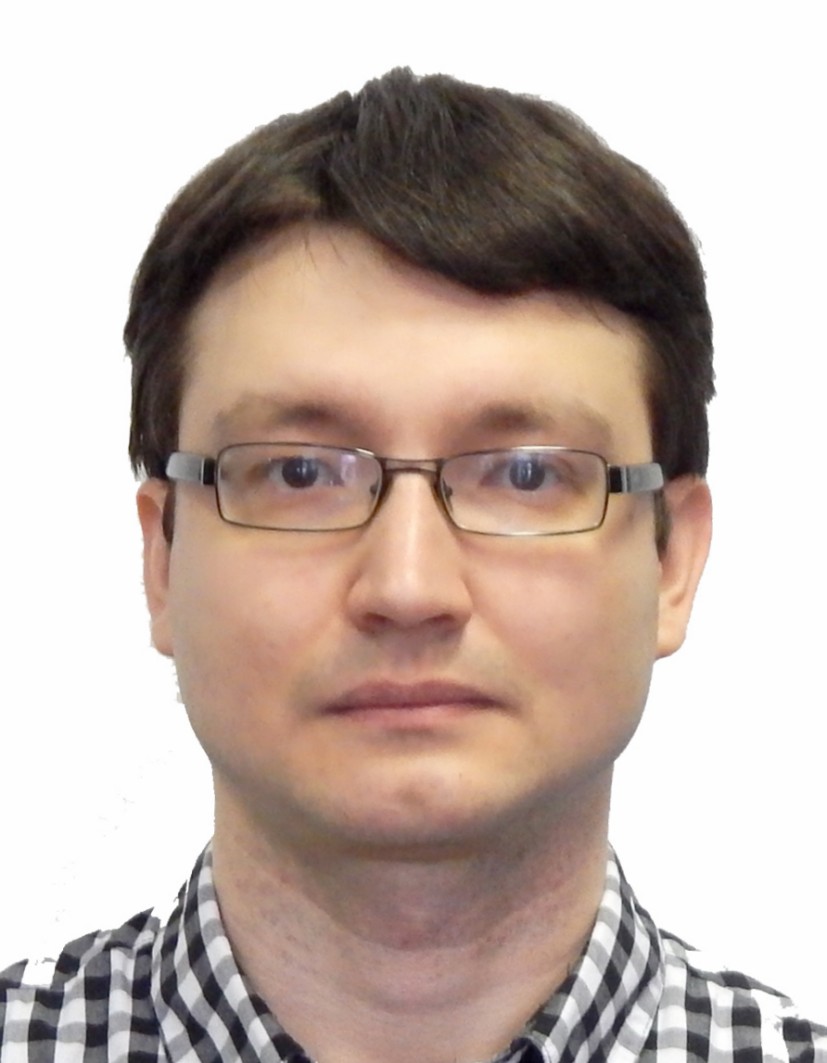The adherence of believers to religious norms is determined by many internal and external factors: personality traits, upbringing, ethnicity, circumstances of the situation, the influence of the group, society, state. Although in modern Russian society in general there is a decrease in the importance of religious prescriptions in everyday life, in a number of regions believers are influenced by local cultural characteristics. The results of the study of Muslims in Tatarstan and Dagestan suggest that the mono-religious environment with a predominance of the rural population that exists in the North Caucasus contributes to the preservation of traditional patricentric behavior patterns among believers of different ethnic groups, while the urbanized multi-confessional society in the Volga region forms more secular patterns. Communities of believers in the republics are not monolithic: many women strive for equality with men, while a certain part of the latter tries to preserve the advantages that the religious normative system provides, and gender contradictions are more pronounced in Dagestan than in Tatarstan. Respondents’ choice in favor of religious norms or rejection of them in certain situations may be determined by potential acquisitions: material gain, raise of the status, maximization of rights and minimizing obligations. Among women, a positive view of egalitarian relationships and a negative perception of polygamy is combined with the obligation of the marriage gift of the groom as a condition for creating a family, while among men, the propensity for patriarchal distribution of roles in the family and receiving a larger share in inheritance is combined with an attitude towards the marriage gift as an optional norm.
key words: Islam, Sharia, religious norms, traditions, Muslims, Tatarstan, Dagestan
DOI: 10.22250/20728662_2023_3_139
About the authors
 |
Ilshat A. Mukhametzaripov – PhD (History), Leading Researcher at The Center of Islamic Studies of Tatarstan Academy of Sciences; Assistant Professor at the Department of Anthropology and Ethnography of Kazan (Volga Region) Federal University; 36a Levo-Bulatchnaya str., Kazan, 420111, Russia; This email address is being protected from spambots. You need JavaScript enabled to view it. |
 |
Ilmira R. Gafiyatullina – Research Fellow at The Center of Islamic Studies of Tatarstan Academy of Sciences; 36a Levo-Bulatchnaya str., Kazan, 420111, Russia; This email address is being protected from spambots. You need JavaScript enabled to view it. |






